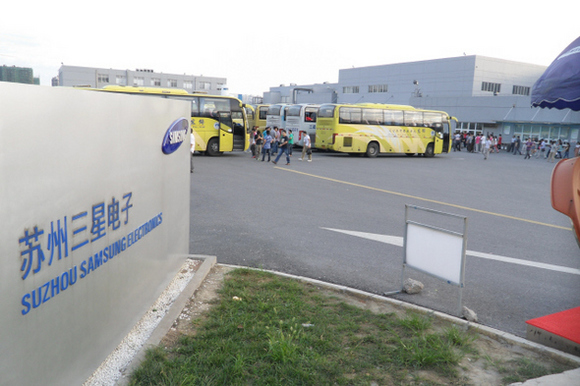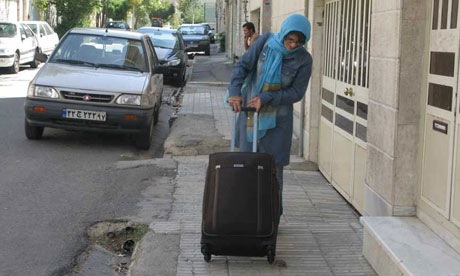By Irving Feng
Impunity Watch Reporter, Asia
BEIJING, China – New York based China Labour Watch (CLW) uncovered evidence of potential labor abuses in Chinese factories owned by South Korean electronics giant Samsung.

The factories under investigation are located in Huizhou, Shenzhen, Tianjin, Shandong, and Suzhou. Some of the abuses cited were long working hours in poor conditions and the hiring of children under the age of 18. The CLW’s report cited that workers worked over 100 hours of overtime per month, stood for 12 or more hours per day, were subjected to potentially unsafe working environments, and were verbally and physically abused.
Workers were allegedly not allowed to use holidays or sick days. Some workers reported that they went to work sick because management would dock three days of pay if they attempted to use a sick day. Others reported that they had gone 21 days without a single day off. During the peak seasons, workers reported that they would work at least four or five hours of overtime per day on top of their regular work schedules. One plant under investigation reportedly has a base salary of $250 per month for factory workers.
Management has also been accused of manufacturing fake identification cards for underage workers for them to appear older so they could work at the factories. The underage workers with forged IDs perform the same tasks as adults on assembly lines with no safeguards or special workplace considerations for children. It is legal in China to employ workers between the ages of 16-18, however, workers as young as 14 and 15 were allegedly seen on the assembly lines of Samsung’s factories. These young workers are subjected to the same overtime schedules as adults. Adults can work two to three shifts amounting to 12 or more hours per day.
Labor abuses perpetrated by technology firms have recently come to light since the slew of suicides at a factory owned by Foxconn, a major electronics supplier for Apple. Foxconn has recently responded to the tragic suicides by cutting working hours and improving factory safety for workers. China Labour Watch has also been investigating factories that make products for tech firms including HP, Dell, and Microsoft.
Samsung has denied all allegations of labor abuses at their Chinese factories. Since the allegations of labor abuse, Samsung has broadened inspections on suppliers such as the Chinese factories that are currently under fire for potential labor abuses. Spokespersons for Samsung have communicated that they perform frequent checks of their factories. The company also has a zero tolerance policy in regards to child labor, and they were allegedly unaware of the underage hiring practices in their factories. They have yet to agree to investigations by independent third parties.
For further information, please see:
BBC – Samsung faces fresh claims on Chinese factory workers – 6 September 2012
Bloomberg – Samsung Abuses Workers at Its China Plants, Labor Group Says – 5 September 2012
The Hankyoreh – Samsung found abusing underage workers in China – 5 September 2012
ShanghaiDaily – Samsung responds to under-age claims – 4 September 2012



